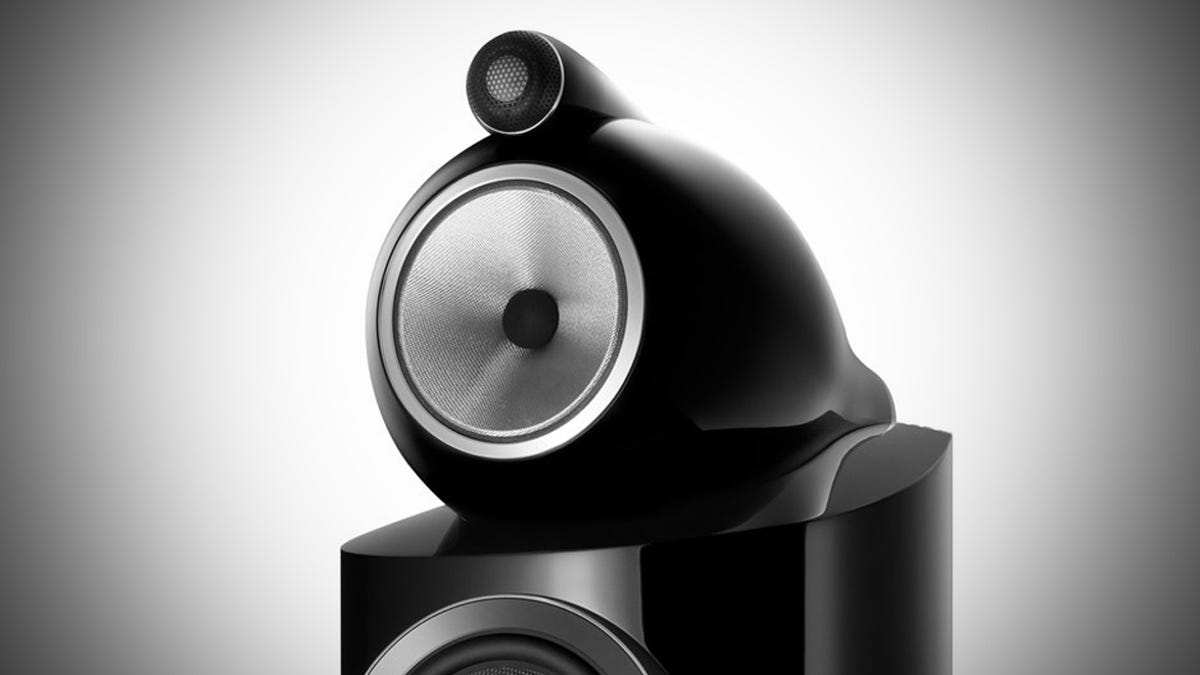What makes a speaker sound great?
The Audiophiliac ponders this age-old question.

As you might have guessed, I spend a lot of time listening to speakers to evaluate their sound quality. No speaker I've heard in 20 years of reviewing, and another 16 years of selling high-end audio speakers sounded exactly like live music. Of course some get closer -- a lot closer -- than others. That's what the art of speaker design is all about.
Focal Sopra No.1 speakers
But some of the ones that fall short of greatness commit what I call "sins of omission," and are still easy to listen to and sound good. They might "omit" treble detail, miss deep bass, be unable to reproduce the full dynamic range of music, fail to project a life-size sound into the room, or their frequency response might fall far short of perfection. Even so, they can still sound pleasing and I might give them a positive review. When the losses are benign the music will shine through.
But if the speaker's distortions are "additive" and have audible consequences like harshness or muddy bass, or if it ruthlessly squashes dynamic range, that speaker won't get a great review. Same for speakers that sound like boxes the music is struggling to get out of -- that speaker deserves a bad review. Those types of distortions that pull my attention away from the music are never a good thing.
One of the most important things for any speaker to get right is the sound of the human voice. We might not be all that familiar with the sound of a violin, grand piano, or drum kit in real life, but we all know what male and female voices sound like. That's why accurate voice reproduction is so crucial.
Still, I'm always curious about how audiophiles judge sound quality, so I posted the following question on Facebook, "What makes a great speaker great? Flat frequency response, freewheeling dynamic range, natural midrange, holographic imaging, blah, blah, blah. Please list the top three, in your opinion."
As expected the responses were all over the place. Here are just a few of them.
One guy said "If it reminds me of 'live music' and not 'electronics' I am pleased." Another put it this way: "Accurate tonal balance, good imaging, and soundfield reproduction." Another responder commented, "1. Midrange clarity 2. Pitch certainty in the bass range. 3. Even dispersion, octave to octave."
I liked this one: "When I close my eyes I want to 'see' the music, So #1. Holographic Imaging, I hold that dear to my heart... but... #2. it must sound real! So Dynamic range is important. And #3. Depth! Like you would hear if you were present at the recording."
Everyone has their own mix of attributes, so it should come as no surprise that speakers all sound so different from each other! So even if there were such a thing as a perfect speaker, it still wouldn't please every taste!
My job as a reviewer is to describe sound the best I can in context for the speaker's price and size. There's no such thing as a speaker that does everything well and works in every situation. It's impossible to recommend speakers that would be ideal for everyone. One reader might have a 1,000-square-foot (92 square meters) loft, where they sit 25 feet (7.6 meters) from the speakers and mostly listens to hip hop, and another reader might live in a tiny apartment and only listen to chamber music. They both want great speakers, but they need very different speakers.

